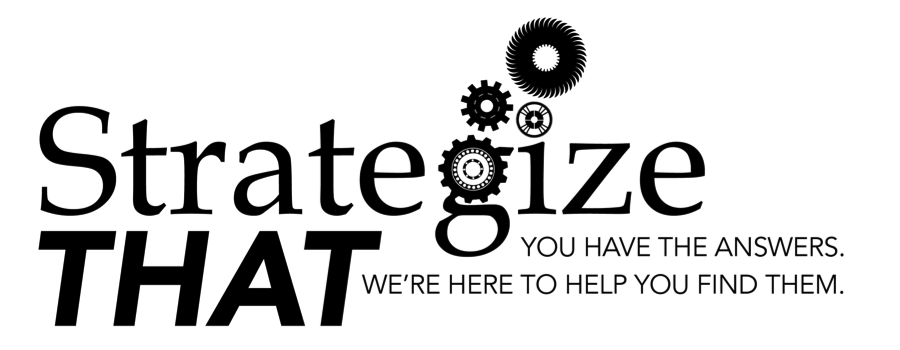And, as Lori Scherwin, founder of Strategize That, stresses, “Letting bullet points on a job description dictate your worth for a position is extremely limiting.
“When you limit your options, you are downplaying your worth based on a laundry list of items, rather than valuing your entire experience as a package that differentiates you from other candidates,” Scherwin says. “Not only do you reduce your set of opportunities, but your self-esteem can take a hit as well if a job spec makes you believe you aren’t capable of doing a job you otherwise know you could excel at.”
If you find a job opportunity you’re interested in exploring, Scherwin says it is important to remember a few things:
— A posting is basically a dream wish list or a draft. “Often professionals rush to get out a spec once they get budget for a position and have an HR professional do a mock writeup based on past positions — and then the role evolves along with team needs and discussions with candidates,” she says. “View the job posting as a sanity check, not gospel, and watch how your ease at applying grows.”
— No job candidate has everything. If you fit the overall description and majority of criteria, go for it. Part of any job is the ability to grow into it and learn,” Scherwin says. “Furthermore, no one is likely matching your resume up with every single bullet.”
— It’s all about the fit. “Clearly there are some hard ‘stake in the ground’ criteria which are critical to getting the job done,” Scherwin says. “But, otherwise, fit is what is going to get you through to the final round post initial screening.”
— Your unique experiences are valuable. Any additional skills you have that aren’t on that qualifications list “could make you a top candidate and supersede any pre-written qualifications,” Scherwin stresses.
So how can someone confidently apply for jobs, even if they can’t check off every preferred qualification? Scherwin offers this advice:
Be able to give examples of your work. Include things you’ve done and outcomes you’ve generated that would make you successful in the new role. “If there are some bullets you don’t think you hit the mark on, really rethink your experiences and how something tangential or similar could display the same desired outcome,” Scherwin says. “Chances are there’s a path.”
— Be prepared to address straggling bullet points. “Have a quick answer about how you would approach learning that skill [or acquire that] trait,’ Scherwin says. “Demonstrate how you have successfully learned a new skill in the past and mastered it.”
— Leverage your network! Do you know someone who already works for the company? If so, ask if they would be willing to pass your resume on. “It is way more likely to be looked at that way than if you just applied randomly to an online system, which may screen for certain keywords,” Scherwin says.
— Be positive in all interactions. “Attitude matters,” Scherwin stresses. “Remind yourself of all of your skills and accomplishments to inform why you are ready and deserving of more; that energy will come through with your application.”
